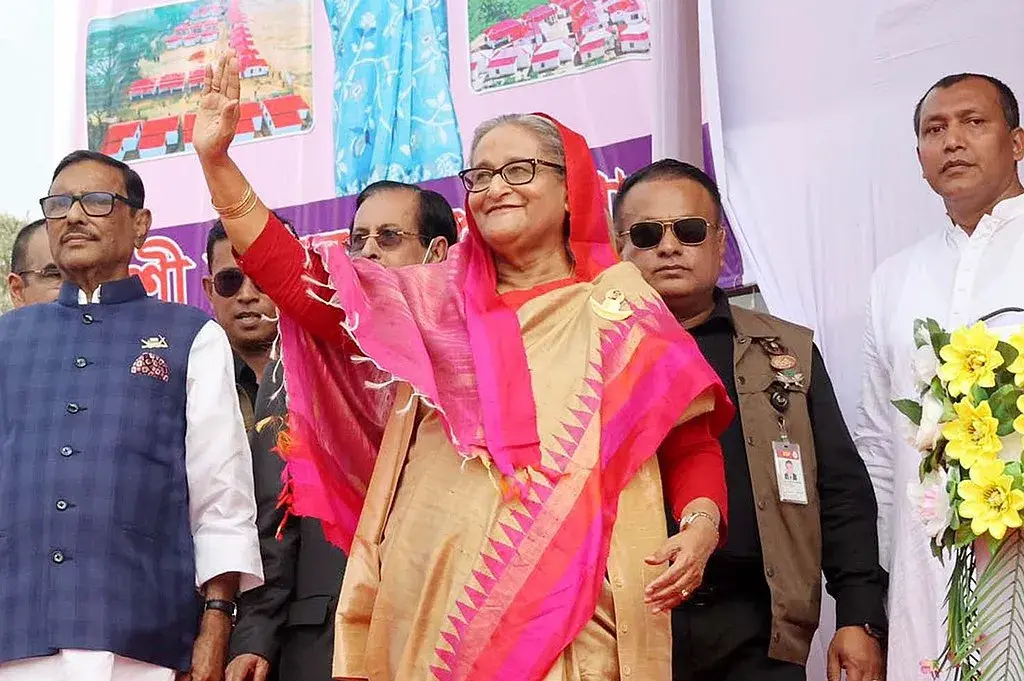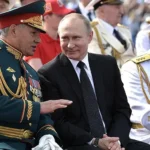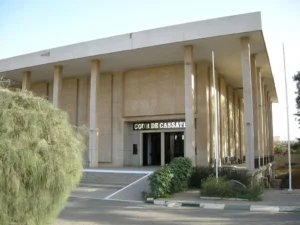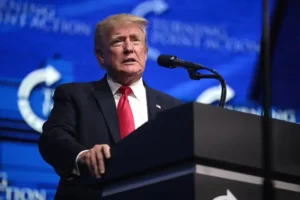Bangladesh will hold its general election without the participation of the main opposition party, which has boycotted the vote over fraud allegations and legitimacy concerns, leaving Prime Minister Sheikh Hasina with little challenge to her fourth term.

The general election in Bangladesh next Sunday will be overshadowed by the opposition’s boycott and the legitimacy concerns, which are likely to result in Prime Minister Sheikh Hasina securing her fourth term in a row.
Most of the 1,900 candidates from 29 parties who are contesting for the 300 seats in Parliament are either supported by the ruling Awami League or have its consent, after the main opposition party, the Bangladesh Nationalist Party (BNP), and its allies decided to boycott the elections.
The reason behind this decision is Hasina’s refusal to resign and form a caretaker Government to supervise the elections, a key demand of the opposition following accusations of fraud in 2018, as well as the severe repression by the security forces in recent months.
The BNP has alleged that more than 24,000 of its leaders and activists have been detained by the Police since last October 28, when a huge protest against the Government was broken up by security forces.
The BNP has since denounced the elections as a “sham”, organized general strikes and blockades, and urged people to refrain from paying taxes and voting.
“We are getting excellent responses from the people. Despite the government’s oppression and repression, we were able to reach many people. They are also frustrated with the government’s behavior,” BNP spokesperson Ruhul Kabir Rizvi told EFE.
However, the party leadership is weakened: its leader and former prime minister, Khaleda Zia, has been banned from politics since her conditional release from prison in March 2020, and her eldest son and acting president, Tarique Rahman has been living in exile in London since 2008 after being convicted in several cases.
The Awami League, on the other hand, accuses the BNP of trying to seize power “illegally.”
“People will never respond to their call, that is why they failed again and again in their movement. People do not support them because their past is tainted,” the deputy secretary general of the ruling party, Bahauddin Nasim, told EFE.
Both parties have governed Bangladesh since 1991, except for a brief quasi-military government in 2007-2008.
Nonetheless, the absence of opposition in the upcoming elections can be seen as a legitimacy crisis for the new Government, according to experts.
“What is scheduled for January 7, 2024 in Bangladesh cannot be called an election under any criteria,” Ali Riaz, an American political scientist of Bangladeshi origin, writer and professor at Illinois State University, told EFE.
The expert pointed out that “the uncertainty of the results and the competition with the opposition with some chances of winning” are two requirements of any democratic election, but both are absent in the Bangladesh elections.
With opposition leaders and activists imprisoned and sentenced “at lightning speed” and seats distributed among Hasina’s allies, this is, at best, a “state-managed show,” Riaz said.
And in the absence of a counterbalance in the elections, the Awami League has endorsed the Jatiya Party so that it becomes a kind of mild opposition in Parliament, avoiding fielding candidates in 26 seats where the main figures of this second party compete.
This effort is meant to give an image of legitimacy to the elections, with the presence of a genuine opposition, despite the fact that the general secretary of the Jatiya Party, Mujibul Haque, has campaigned as a “candidate of the Jatiya Party supported by the Awami League”, according to his electoral poster.
However, this strategy does not ensure victory for Jatiya Party candidates in all 26 seats, as many Awami League leaders are running as independent candidates.
In addition, other newly formed political parties are competing in the elections, composed mostly of former BNP leaders, who could obtain several seats and even replace the Jatiya Party as the official opposition.







